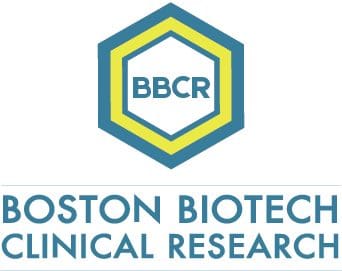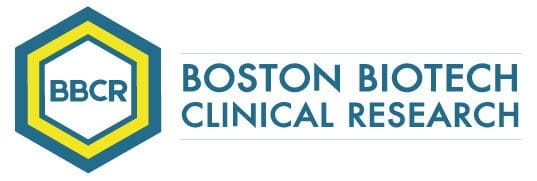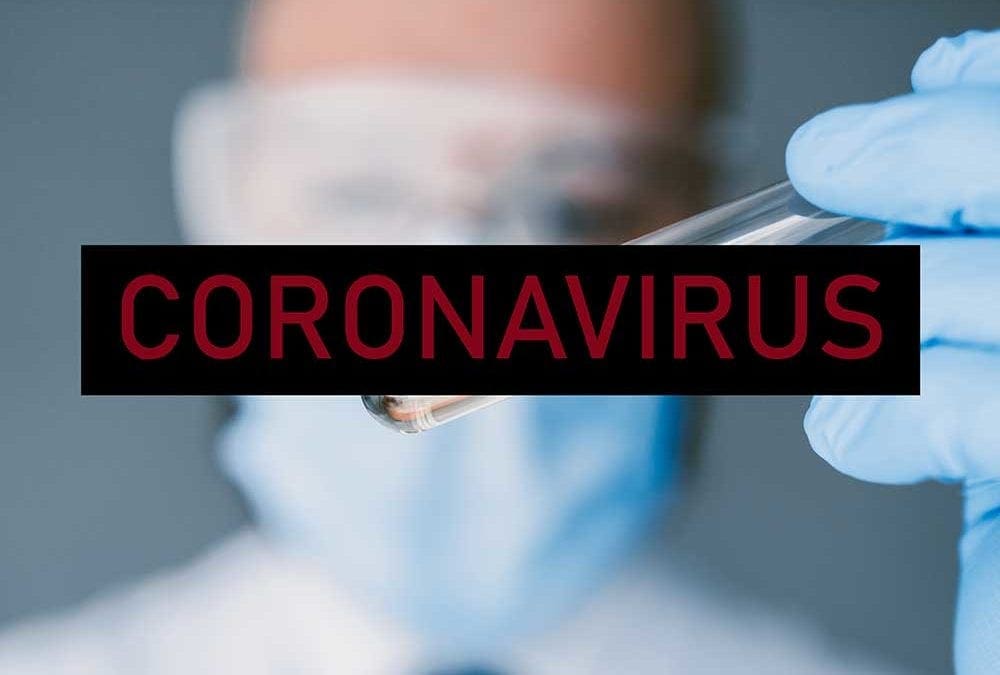We’ve had a few events where they’ve jumped from animals into people. There’s a lot being done on how coronaviruses infect people from animals.
We know the real key is to know what the host cell receptor is—that’s the protein on the surface of cells that viruses bind to and invade. For SARS coronavirus, the cell surface receptor is called ACE2, angiotensin converting enzyme 2. We share that with bats, and [the virus] uses the same receptor in bats and humans.
There is a very big diversity of these coronaviruses in the wild. And what we found is there’s this big diversity: we’ve found over 50 SARS-related coronaviruses in bats.
We’ve been looking at bats ever since the SARS outbreak because we’re the group that found bats are the real reservoir for SARS.
It has been known from quite a while that there are groups of viruses in bats that could be a risk. an antibody test was developed for one of these viruses and tested into the Yunnan communities who were positive with 3 percent prevalence.
Suggesting that all the time across the region, bat viruses are getting into people and either infecting them with a mild infection [with] no clinical signs or causing respiratory illness that never gets diagnosed properly.
2019-nCoV is part of a cluster of viruses from bats. Within that cluster, we had a previous pandemic strain, which is SARS, and we’ve now got a new pandemic strain, which is Wuhan novel coronavirus.
Inovio, The Pennsylvania-based biotechnology company said early Thursday that it was awarded a grant of up to $9 million by the Coalition for Epidemic Preparedness Innovations (CEPI) to cover development costs through phase 1 for the biotech’s candidate, dubbed INO-4800. The vaccine is based on Inovio’s DNA medicine platform that the company says enables rapid development of a vaccine against emerging threats.
Moderna this week disclosed that it’s working with federal researchers on a candidate, and now it’ll have financial backing from CEPI. CEPI’s funding will cover manufacturing for an mRNA vaccine candidate against the new coronavirus strain. The work will be further supported by federal researchers at the National Institute of Allergy and Infectious Diseases (NIAID) who will conduct preclinical tests and a phase 1 study.

Specializing in rare disease, Boston Biotech Clinical Research works with biotech, pharmaceutical, device companies and investors to streamline the clinical trial process. Our experienced team helps each client reach their specific goals by customizing a clinical and regulatory road map of simplified programs and streamlined protocols to meet our clients’ requirements.

